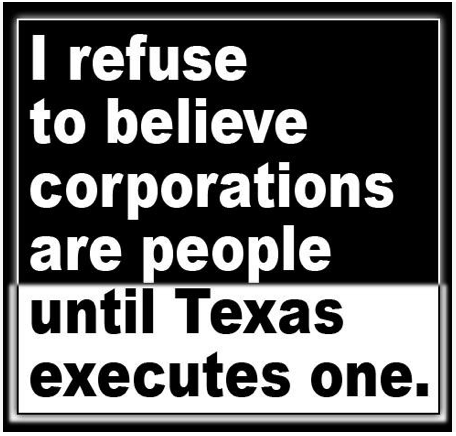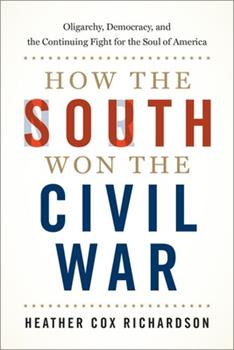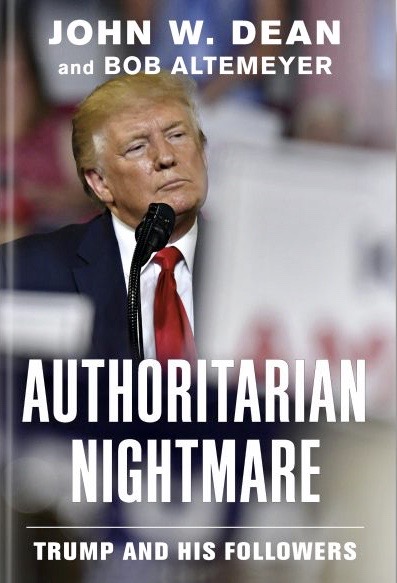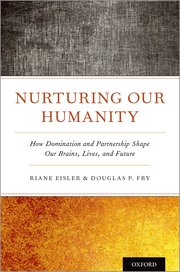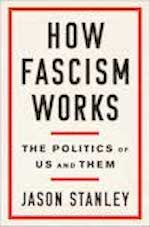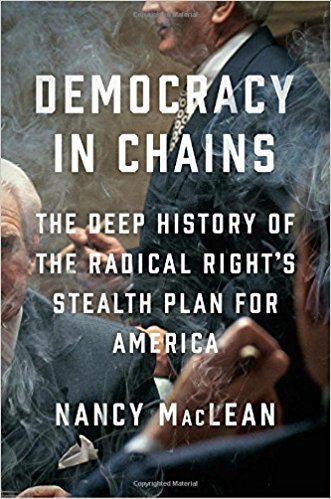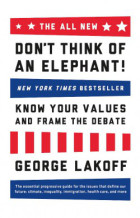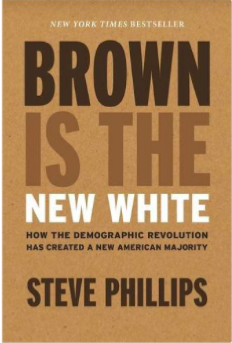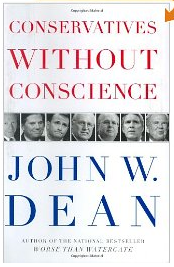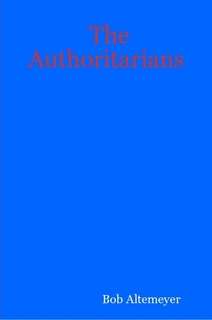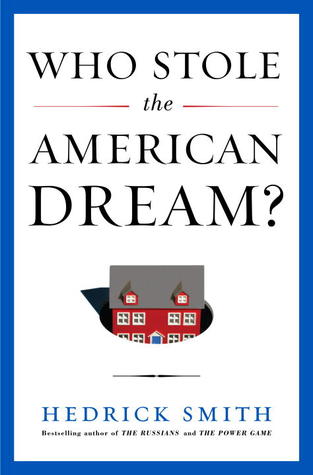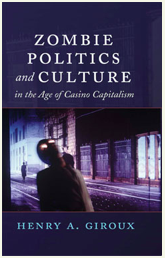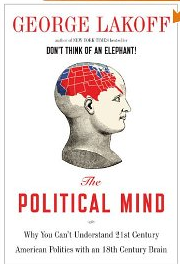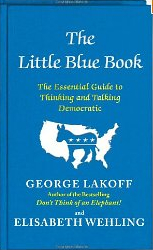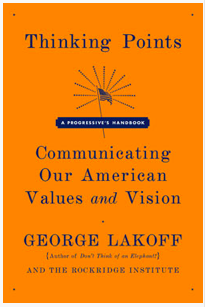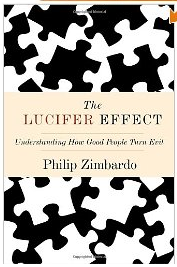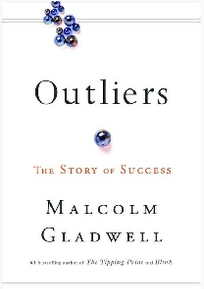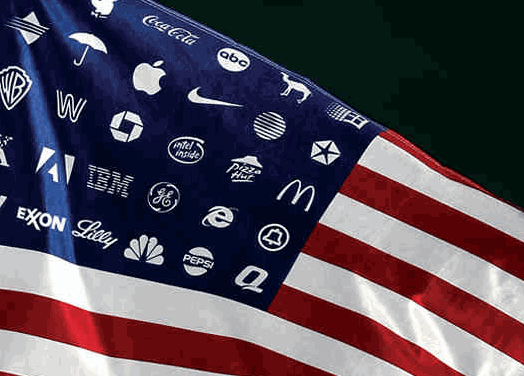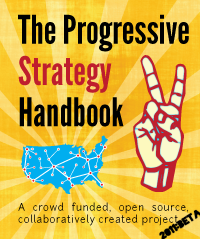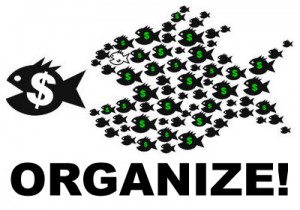When you purchase auto, home, or flood insurance, you are covered as long as you pay your premiums. If you suffer a catastrophic loss, you’re coverage will save you from bankruptcy. James Kwak put it this way in his recent article at The Baseline Scenario:
The point of insurance is to protect you against unlikely but damaging events. You are generally happy to pay premiums in all the years that nothing goes wrong (your house doesn’t burn down), because in exchange your insurer promises to be there in the one year that things do go wrong (your house does burn down). That’s why, when shopping for insurance, you are supposed to look for a company that is financially sound – so they will be there when you need them.
However, when it comes to protecting your health care from critical conditions, only a few of us have this kind of insurance. For the rest of us, our health care is provided through our employer or the employer of our spouse. As long as we are employed, we are protected from bankruptcy due to the high health care costs unique to America.
But what happens to this employer coverage if any of the following happens?
- The employer drops its health plan. (Employer based health plans have fallen every year since 2000, from 64.2% to 59.3%.)
- You lose your job. (Unemployment is 9.5 percent and is expected to go higher.)
- You quit your job to take care of an elderly relative. (More baby boomers are providing care for their parents.)
- You get divorced from the spouse with the health coverage. (Maybe you are in need of serious health care, but your spouse can’t handle it?)
Mr. Kwak continues:
For all of these reasons, you can’t count on your health insurer being there when you need it. That’s not insurance; that’s employer-subsidized health care for the duration of your employment.
Once you lose your employer-based coverage, for whatever reason, you’re in the individual market, where, you may be surprised to find, you have no right to affordable health insurance. An insurer can refuse to insure you or can charge you a premium you can’t afford because of your medical history. That’s the way a free market works: an insurer would be crazy to charge you less than the expected cost of your medical care (unless they can make it up on their healthy customers, which they can’t in the individual market).
Mr. Kwak summarizes employer based health care coverage this way, “as long as your health insurance depends on your job, your health is only insured insofar as your job is insured – and your job isn’t insured.”
In other words, we don’t have health insurance that most of us can afford. If fact, the only Americans that do have health insurance are the rich or those on medicare. Medicare recipients are “in the one group in our society that enjoys true health insurance – insurance that you cannot lose, that is paid for by taxes, and that is effectively guaranteed by the government.”
Mr. Kwak then continues:
The basic solution is very simple. In Paul Krugman’s words: “regulation of insurers, so that they can’t cherry-pick only the healthy, and subsidies, so that all Americans can afford insurance.†I know that there are lots of details that consume people who know health care better than I do, and I know those details are important. But as an individual who is worried about his or her own health insurance (and that is the point of this post), that’s what you want. You want to know that if you lose your job, you won’t be shut out because you’re too sick, … and you won’t be shut out because you’re too poor.



